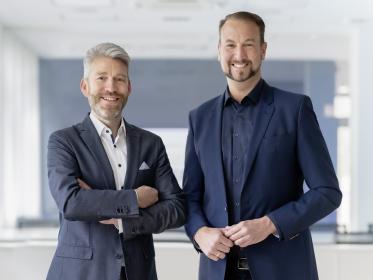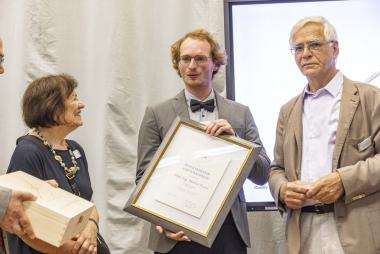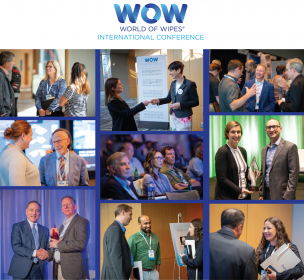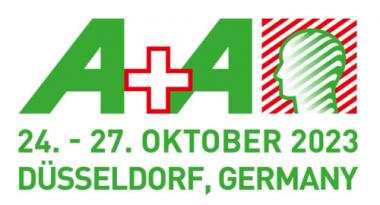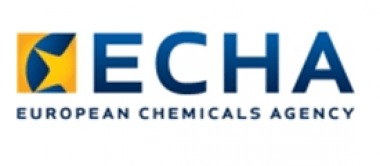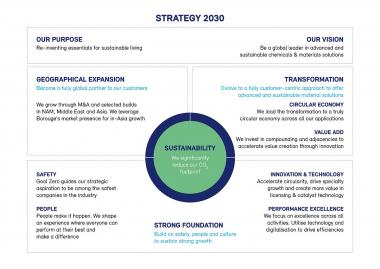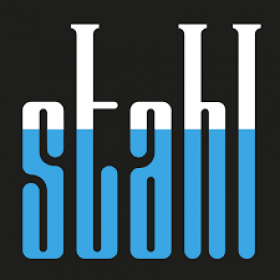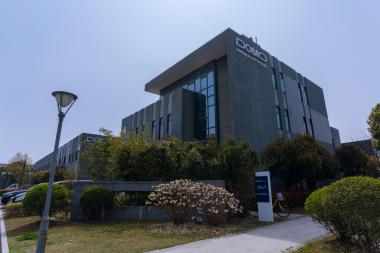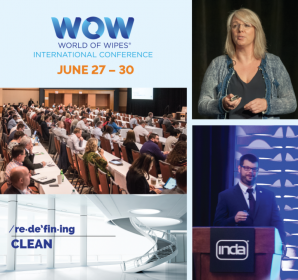OEKO-TEX® Annual Report 2021/2022: Positive business development
- Values from the past 30 years more relevant than ever and are reflected in recent growth
During its 30th anniversary, the international OEKO-TEX® Association is still seeing positive business development despite numerous global challenges. In total, OEKO-TEX® issued more than 36,000 certificates and labels in the past financial year – an increase of 14% compared to the previous year. The STeP by OEKO-TEX® facility certification recorded the strongest growth, almost doubling compared to 2020/2021. The number of labels and certificates issued increased from 31,696 to 36,084 between July 1st, 2021, and June 30th, 2022.
"Since OEKO-TEX® was founded in 1992, our business practices have been aligned with our core values," says OEKO-TEX® Secretary General Georg Dieners. “Sustainability, trust and safety build upon each other and are the basis of transparent and sustainable action. We underpin responsible action with our independent scientific methods and are valued in the industry as an effective, solution-oriented partner.” In the past financial year, this was reflected in the new Impact Calculator, with which STeP by OEKO-TEX®-certified companies calculate their CO2 emissions and measure their water consumption to ultimately reduce both. For OEKO-TEX®, a sustainable future is inextricably linked to a transparent status quo. "By setting the highest standards and communicating them openly, we encourage companies and consumers to do the same," says Dieners.
To maintain trust and credibility, OEKO-TEX® includes external perspectives. The International Advisory Board reviews proposals of the OEKO-TEX® Working Groups and provides important impetus for continuous optimization of the standards. Additionally, a Public Stakeholder Consultation was conducted in March 2022 to gain comprehensive insights from all interest groups. These are now being integrated into the further development of the standards and services. The investments of the past financial year reflect how important quality assurance and product control are for the OEKO-TEX® Association: Almost 40% of the total expenditure flowed into these two items.
In the meantime, the basic business continues to progress successfully. The number of STANDARD 100 by OEKO-TEX® certificates issued in the 2021/2022 financial year exceeded 25,000 for the first time. More than 15,000 chemicals, colorants and auxiliaries were certified with ECO PASSPORT by OEKO-TEX®.
In autumn 2022, OEKO-TEX® will launch a certification to help companies comply with upcoming due diligence laws. With RESPONSIBLE BUSINESS by OEKO-TEX®, OEKO-TEX® is responding to the increasing global expectations of compliance with due diligence requirements in companies. The new standard is based on the EU proposal for due diligence, the German Due Diligence Act, which will come into force from 2023, and numerous other international legislative proposals.
Oeko-Tex GmbH






